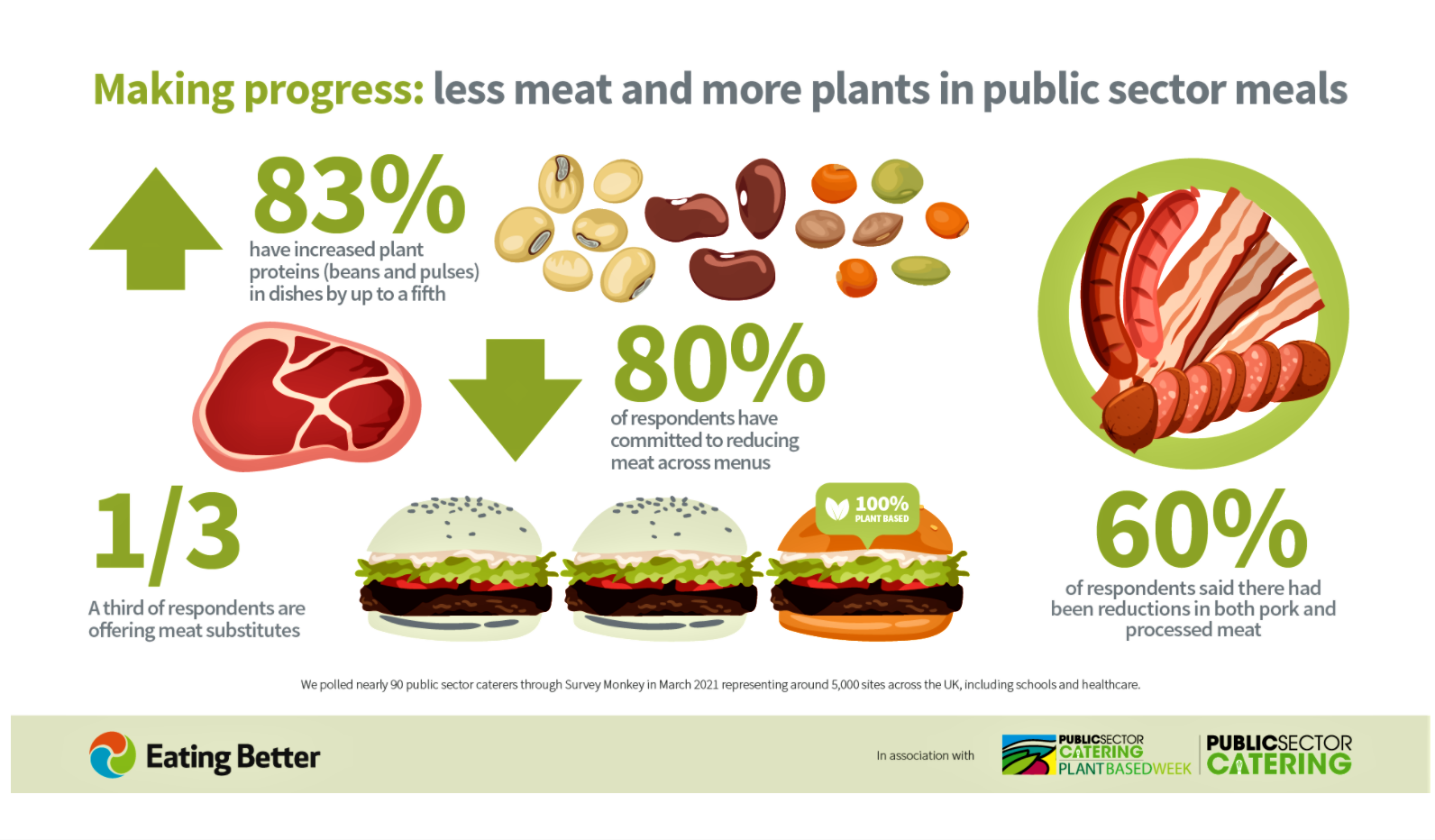If you have FOMO, you’ll enjoy David Attenborough’s new three-part documentary Life In Color on Netflix, which shows how inhabitants of the natural world use colour to communicate and survive. Many species see colour in a way that the human eye cannot but by using cameras specifically designed for the program (using ultraviolet and polarizing filters) we get to see what birds, fish, insects and other species see, and how they use colour for warding off predators and rivals, and attracting a mate. The vibrant, up-close footage is visually stunning and we get to see what we’re missing!
Investor pressure has forced the biggest fast food companies — including McDonald’s, Domino’s Pizza and KFC — to ramp up their climate commitments and address risks posed by climate change, water scarcity, and water pollution.
A coalition of 90 investors managing $11.4 trillion, led by FAIRR, called for the world’s biggest fast food brands to lower their huge carbon and environmental footprints and de-risk their meat and dairy supply chains. This includes setting ambitious targets to reduce their greenhouse gas emissions, water usage, and water quality impacts in their animal protein supply chains.
“Fast-food chains managing over 100,000 restaurants worldwide are now setting, or planning to set, aggressive climate targets aligned with a commitment to keep global warming below 2°C. An essential ingredient in meeting these ambitious targets will be protein diversification,” said Jeremy Coller, founder of FAIRR and CIO of Coller Capital. “Fast food needs to see a meaningful shift towards sustainable plant protein products if it is to deliver on its commitments.”
FAIRR says that investor pressure has forced five of the six fast food giants to adopt science-based targets to reduce their emissions but more work is needed on water and pollution issues and assessing overall climate risk.
A new report shows that 80% of UK caterers are ramping up the transition to plant-rich menus in 5,000 schools, healthcare institutions and universities in Britain.
A study by the UK NGO Eating Better finds that caterers are responding to changing customer demands and that concerns about climate change, nature loss, health and animal welfare are the main drivers for change.
These charts show the progress being made and the ranking of customer concerns about the multiple impacts of what they eat.
"What we feed our children to nourish them while they learn, or to help patients recovering in hospital, really matters. The public sector must take the lead on eating better and our survey shows they're making good progress in serving climate and nature friendly food, with less red and processed meat and more veg already on menus,” says Simon Billing, Executive Director, Eating Better.
In Canada, a food services firm that serves one million meals a day has committed to go plant-based with 20% of its protein purchases by the end of 2022. Sodexo has joined the Forward Food Pledge, a program run by Humane Society International/Canada. The Society says the change will provide delicious plant-based meals for millions of customers, improve human health, reduce GHG emissions and save over half- a-million animals a year.



